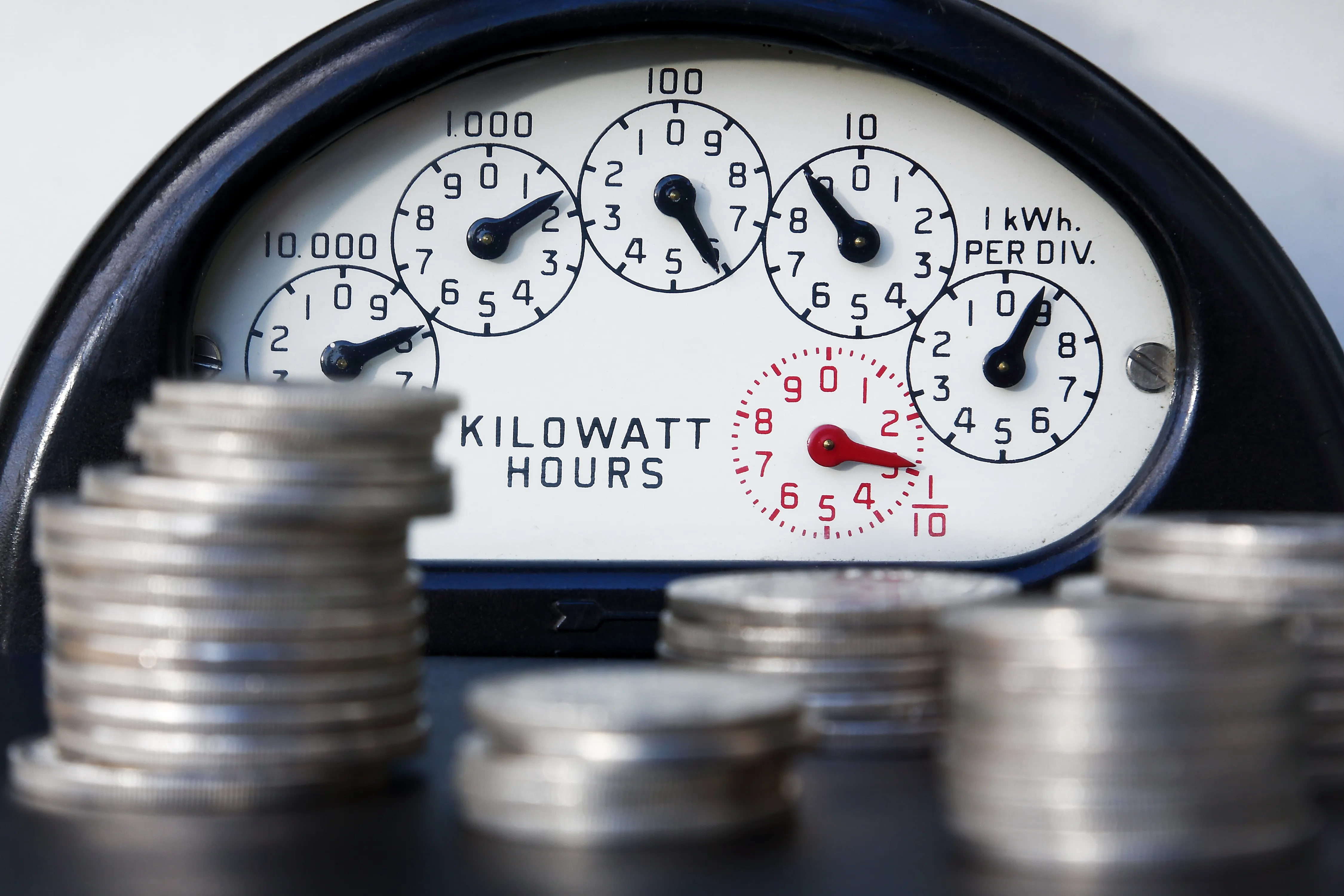
Colorado’s metro areas saw unemployment increases since June 2022, BLS data shows
(The Center Square) – All of Colorado’s metropolitan areas saw increases in their unemployment rates since June 2022, according to new data released Wednesday by the U.S. Bureau of Labor Statistics.
Nearly all of the state’s metro areas also saw nonfarm payroll jobs added.
The BLS data covers 389 metropolitan areas across the U.S., including Boulder, Colorado Springs, Denver, Fort Collins, Grand Junction, Greeley and Pueblo.
“Unemployment rates were lower in June than a year earlier in 222 of the 389 metropolitan areas, higher in 119 areas, and unchanged in 48 areas,” the bureau said in a news release.
All of Colorado’s metro areas saw increases in their unemployment rates from last June to June 2023, according to the data. The statewide rate went from 3% to 3.3% during the time period.
Colorado metro area unemployment rate changes (from June 2022 to June 2023):
- Boulder: 2.1% to 3.1%
- Colorado Springs: 3.3% to 3.5%
- Denver-Aurora-Lakewood: 2.9% to 3.3%
- Fort Collins: 2.8% to 3.0%
- Grand Junction: 3.4% 3.7%
- Greeley: 3.2% to 3.5%
- Pueblo: 4.2% to 4.4%
“Nonfarm payroll employment increased over the year in 105 metropolitan areas, decreased in 1 area, and was essentially unchanged in 283 areas,” BLS said.
Pueblo was the only metro area in the state to have no change in nonfarm payroll employment since June 2022, according to the data, which is not adjusted seasonally. The state had a 1.6% increase in nonfarm jobs.
Colorado metro area nonfarm payroll employment changes (from June 2022 to June 2023):
- Boulder: 0.7%
- Colorado Springs: 2.5%
- Denver-Aurora-Lakewood: 0.5%
- Fort Collins: 2.2%
- Grand Junction: 0.5%
- Greeley: 1.5%
- Pueblo: 0.0%

















